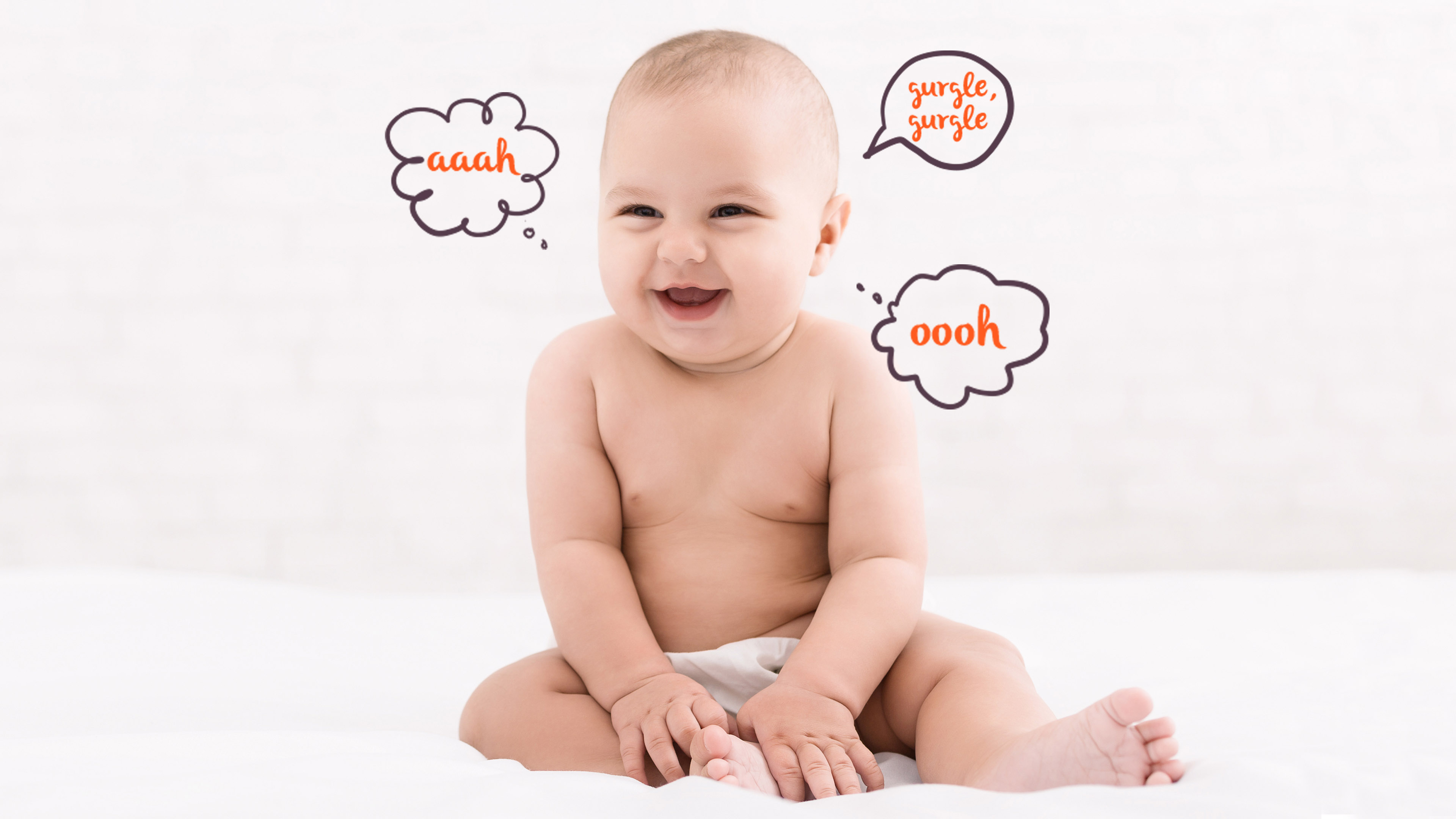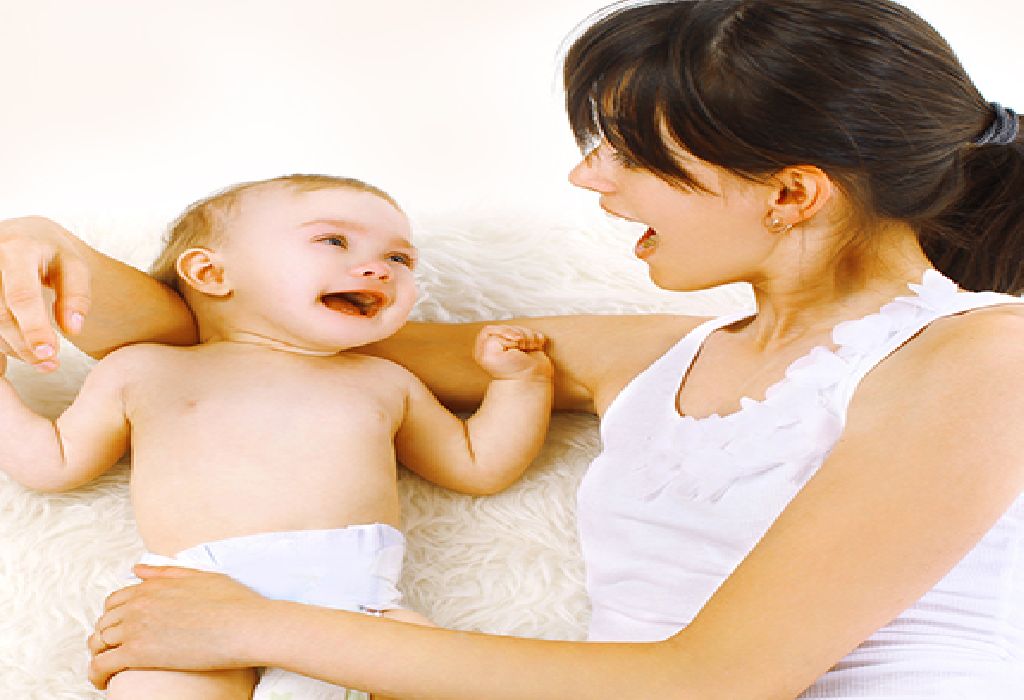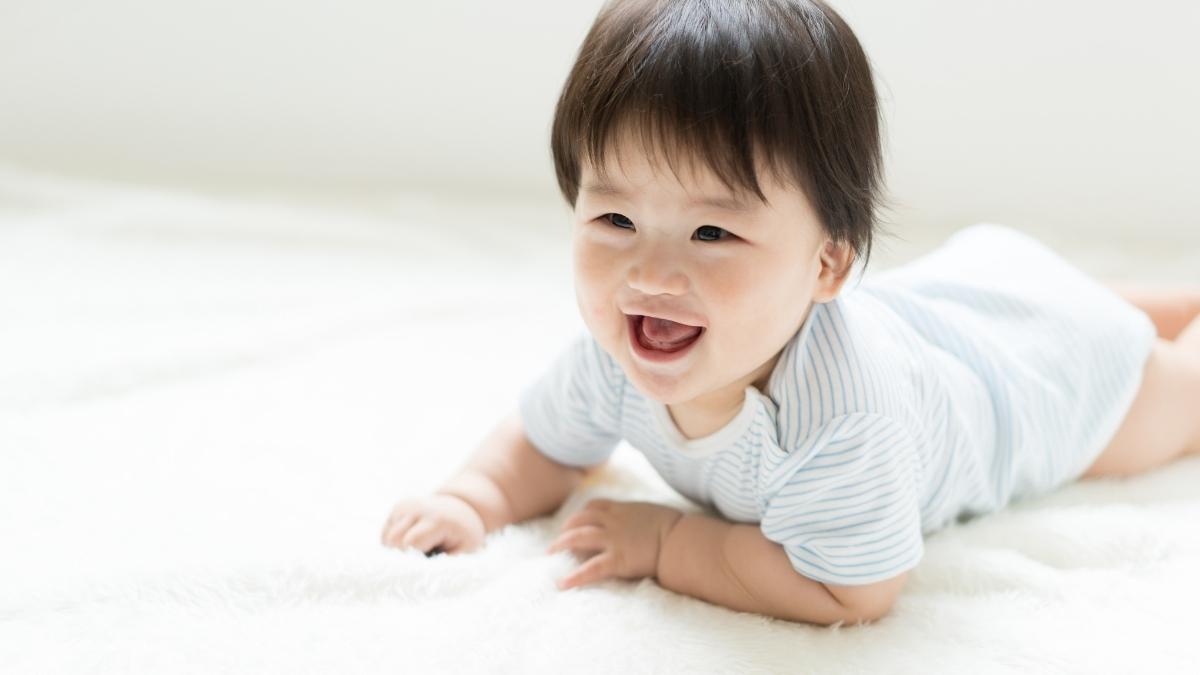When Do Babies Start Cooing More
These include smiling at the sounds of your voices and turning their head toward the direction of sound. Remember that some babies might.


When do babies start cooing?



When do babies start cooing more. Between four and six months, infants begin to produce chains of syllabic sounds, combining consonants and vowel sounds. If your baby isn’t cooing right at six weeks, don’t worry. Burps, hiccups, yawns, blowing a.
But within a few weeks, she'll start to take more notice of your voice, face, and touch. Soon your baby will begin to recognize familiar objects and people at a distance. By age 2 months, your baby might coo and repeat vowel sounds when you talk or gently play together.
While earlier sounds were mostly vowels, around this time is when consonants start to emerge. When do babies start babbling? At this age, a baby's vision changes dramatically;
Moreover, they also tend to imitate the facial expressions made by their mother or caregiver. At 6 months, your baby begins babbling with different sounds. Babies should start cooing around six to eight weeks old.
When do babies start cooing? Between about one and three months of age, your baby will reach some fun hearing and speech milestones. Maybe she never was that talkative and you’re starting to wonder why.
They start to test their pitch and loudness, as well as sounds that include: It’s one of the feats your baby may start doing once his brain’s frontal lobe begins working. Coos engage different mouth muscles.
Although your baby's vocalization timeline may vary, here's a look at roughly what to expect when it comes to your little one's first sounds: Generally, a baby starts to coo or make gurgling sounds when they are about two months old. Consonants emerge and first word.
Cooing is a form of baby communication. Usually, a baby starts to take a substantial interest in their mother’s face within 7 hours after they step into this world. “coo” is when the baby makes a small rounded shape of his mouth by protruding his lips a little bit, as if saying “coo!” it’s definitely one of the baby milestones worth taking pictures of.
Lately, you’ve started to worry that your baby isn’t babbling and isn’t talking as much as she used to. They will start to do 'muh' and 'duh' and 'guh. A baby begins with cooing and gurgling at the age of two months , followed by babbling from the age of four months.
How do i encourage sounds like cooing? All babies develop on their own schedule. By around age 2 months, your baby's eyes will become more coordinated, allowing for tracking an object.
Cooing is a combination of laughter and vowel sounds and typically lets you know your baby is happy and content. As your baby gets more smiling practice and enjoyment from seeing people's reactions, he'll start adding sound effects, dr. Your baby may begin vocalizing anytime between the first few weeks and the second month, progressing from random experimental sighs and coos to sounds that are actually directed at toys, pets, objects and people.
Your child will grow and learn more in their first 12 months than at any other time of their life. Babies usually begin to coo around six to eight weeks of age. Supporting your baby’s development at different ages
These are some of the first vocalizations a baby makes that don’t indicate they have a pressing need or are otherwise uncomfortable. Babies typically begin cooing around three months old, but this can vary with every child. Soon you'll have a cooing and gurgling machine!
This is a period where they begin to make connections to the world around them and to their emotions. Infants usually evolve their babbling through the following two stages. These comforts are often expressed as coos.
You love the sound your baby makes when he’s cooing and babbling to you. Babies now discover their ability to vocalize: Her hearing is fully developed and she might turn toward familiar sounds, such as your voice.
At this age, they also start responding to sounds, smiling, and mimicking your facial expressions. Many of the newborn reflexes are lost by this age. Your baby may be more vocal when playing with an adult or another child, but you will also notice that they may make lots of sounds whilst playing alone, looking around at the world or trying to get your attention.
If you've already melted over your baby's first smile, then you don't have to wait too much longer to hear their first hello. Babies typically begin to coo around six to eight weeks of age. He becomes more aware and interested in his/her surroundings.
It will start with cooing at first, and then lead to. Babies are expected to start cooing at about two months. But cooing, like all milestones, can vary from baby to baby.
But cooing can vary from baby to baby. If your little one isn’t cooing right at six weeks, don’t worry. All babies develop on their own schedule.
At around the 8th week, the baby may begin to coo. Baby talk at 6 months. Most babies begin to babble by month 4, though your little one will continue to develop his repertoire of sounds for many months to follow.
Your baby will talk to you with a variety of sounds, and also will also smile at you and wait for your response, and respond to your smiles with his or her own. From zero to three months of age: When do babies start cooing?














/when-do-babies-start-talking-5091993-regular-FINAL-cfc3207f885f4c228beeaf25c9437d2c.png)






0 Response to "When Do Babies Start Cooing More"
Post a Comment